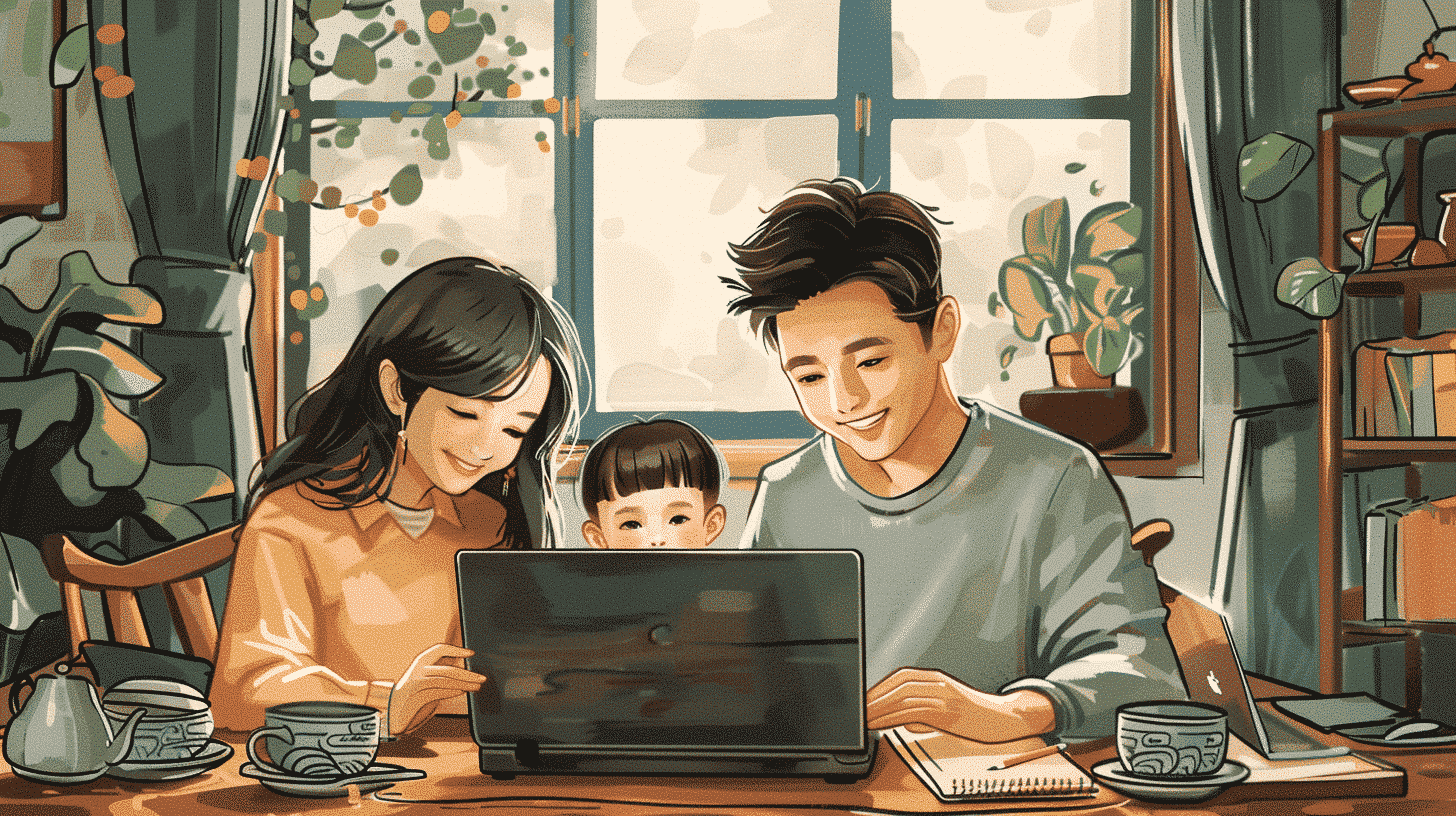Understanding the Importance of Greetings in Romanian Culture
Greetings serve as the foundation of social interaction, and in Romania, they reflect respect, warmth, and politeness. Romanian greetings often vary depending on the time of day, setting, and relationship between speakers. Learning how to say “good morning” in Romanian not only helps you start conversations politely but also shows cultural awareness.
- Social Etiquette: Romanians appreciate formal greetings, especially when meeting someone for the first time or in professional settings.
- Time-Specific Greetings: Like many languages, Romanian uses different phrases to greet people in the morning, afternoon, and evening.
- Building Connections: Using greetings correctly helps establish rapport and trust in both personal and business contexts.
How to Say “Good Morning” in Romanian
The most common way to say “good morning” in Romanian is “Bună dimineața”. This phrase is widely used in everyday conversations and is appropriate for both formal and informal situations.
Pronunciation Guide
Understanding the correct pronunciation is essential for effective communication. Here’s a breakdown to help you say “Bună dimineața” confidently:
- Bună – pronounced as BOO-nuh
- Dimineața – pronounced as dee-mee-NYAH-tsa
Putting it together, say: BOO-nuh dee-mee-NYAH-tsa.
Contextual Usage
You can use “Bună dimineața” in various scenarios:
- Greeting Colleagues: Starting your workday with a friendly “Bună dimineața” sets a positive tone.
- Meeting Friends: Use it informally among friends and family.
- At Stores or Cafés: Greeting staff with “Bună dimineața” is polite and appreciated.
Other Romanian Morning Greetings and Variations
While “Bună dimineața” is standard, Romanian also offers alternative expressions and regional variations that enrich your vocabulary.
Formal Alternatives
In very formal contexts, especially in business or official meetings, Romanians might use:
- „Bună ziua” – meaning “Good day,” often used throughout the day including the morning.
- „Să aveți o dimineață bună” – meaning “Have a good morning,” a polite and somewhat formal wish.
Informal Variants
Among close friends or younger speakers, shorter or more casual greetings might be used:
- „Bună” – simply “Hi” or “Hello,” which can be used any time, including the morning.
- „Salut” – another informal “Hi.”
Incorporating “Good Morning in Romanian” into Your Language Practice with Talkpal
Talkpal is an innovative platform designed to help learners practice Romanian through interactive speaking exercises, vocabulary drills, and real-life scenarios. Here’s how you can integrate learning “good morning in Romanian” effectively:
Daily Practice Sessions
– Use Talkpal’s voice recognition feature to practice pronouncing “Bună dimineața” and receive instant feedback.
– Engage in role-playing simulations where you greet virtual characters in Romanian.
– Repeat morning greetings in various contexts to build confidence.
Vocabulary Expansion
– Learn related words such as “morning” (dimineață), “day” (zi), and polite phrases.
– Explore thematic lessons that include greetings, small talk, and cultural tips.
Tracking Progress
– Monitor your pronunciation improvements and conversational skills.
– Set goals to master greetings within the first week of learning.
Tips for Memorizing and Using “Good Morning in Romanian” Effectively
Mastering greetings is more than memorizing words—it’s about understanding context, pronunciation, and cultural nuances.
- Repeat Aloud: Practice saying “Bună dimineața” every morning to develop muscle memory.
- Use Flashcards: Create flashcards with the phrase on one side and pronunciation tips on the other.
- Watch Romanian Media: Listen to Romanian podcasts, videos, or TV shows to hear greetings in natural conversation.
- Speak with Native Speakers: Use Talkpal’s community features to practice with real people.
- Write It Down: Include “Bună dimineața” in your daily journal or notes.
Common Mistakes to Avoid When Saying “Good Morning” in Romanian
To ensure your greetings are well-received, be mindful of these common errors:
- Incorrect Pronunciation: Mispronouncing “dimineața” can confuse listeners; focus on the “NYAH” sound.
- Using Informal Greetings in Formal Settings: Avoid “Salut” or just “Bună” in professional environments.
- Forgetting the Accent Marks: Romanian spelling includes accents that affect meaning and pronunciation.
- Timing Errors: Saying “Bună dimineața” in the afternoon or evening can sound odd; use “Bună ziua” or “Bună seara” instead.
The Cultural Significance of Greeting Properly in Romania
Using the correct greeting goes beyond language—it reflects respect for Romanian customs and social norms.
- Establishing Respect: Proper greetings demonstrate politeness and can open doors to friendship and collaboration.
- Fostering Positive Impressions: Romanians often judge language learners by their ability to greet correctly.
- Encouraging Conversation: Starting with “Bună dimineața” invites further dialogue and shows your interest in the culture.
Conclusion
Mastering how to say “good morning in Romanian” is a simple yet impactful step toward effective communication and cultural integration. With Talkpal’s engaging tools and structured lessons, learning “Bună dimineața” becomes an enjoyable and practical experience. Remember, greetings are the gateway to connection, so practice regularly, pay attention to context, and embrace the warmth of Romanian culture through your words. Start your day with a confident “Bună dimineața” and watch your language skills flourish.









